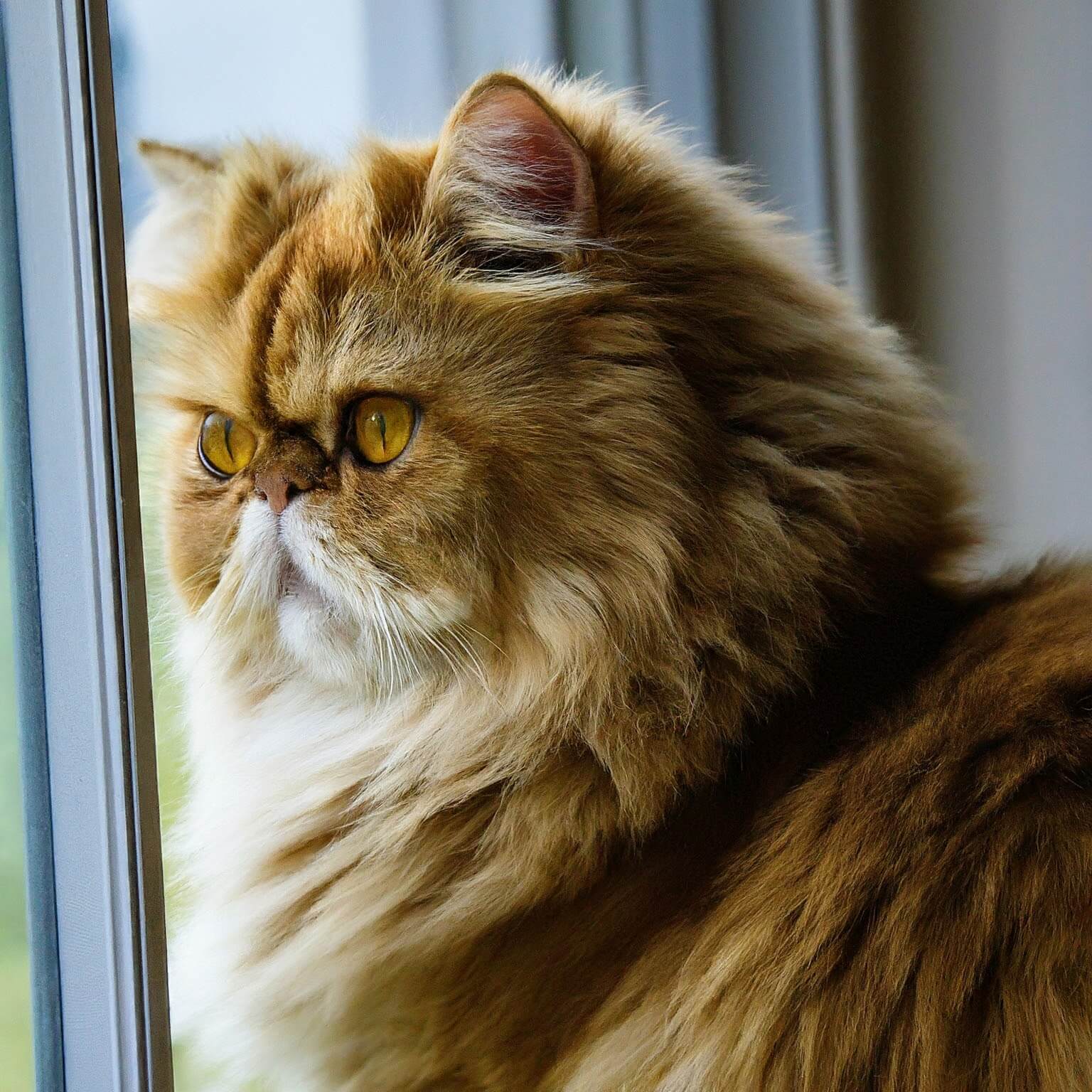Introduction
Persian cats are known for their luxurious, long coats and sweet, calm personalities. However, their unique characteristics also require specific care to keep them healthy and happy. This guide will explore everything you need about Persian cat care, from grooming tips to dietary needs.
Table of Contents
Understanding Persian Cats
The Unique Traits of Persian Cats
The Persian cat breed has become one of the most admired species of felines due to its flat faces, enormous eyes, and long fur covered by a dense coat. These characteristics make them remarkable creatures, but they also require certain forms of maintenance.
Discover the Magic of Siamese Mix Cat Breeds
Persian Cat Personality and Temperament
Persian cats are generally calm and affectionate and enjoy lounging around the house. They make great companions for those who prefer a quiet and relaxed pet. However, their laid-back nature means they may require encouragement to stay active.
Common Health Concerns in Persian Cats
Due to their specific traits, Persian felines probably have certain health issues. These include breathing issues, dental problems, and eye diseases. It is very important to go for regular veterinary check-ups so that such conditions can be diagnosed at an early stage and treated prope
Persian Cat Grooming Essentials
Maintaining the Luxurious Coat
The coat of a Persian cat is long and thick, so it needs to be groomed regularly so that it does not become matted or tangled. Brushing them daily is necessary to keep their furs healthy and knot-free.
Bathing Your Persian Cat
While cats are generally good at grooming themselves, Persian cats may need occasional baths to clean their coats. Use a cat-friendly shampoo and be gentle to avoid stressing your feline friend.
Eye and Ear Care
Because of their facial design, Persian felines commonly have tear stains on their eyes. Regularly washing with a damp cloth can help reduce such stains. Additionally, it is essential to check their ears once a week for any signs of infection and clean them when necessary.
Nail Trimming and Dental Care
Nails should be cut periodically to avoid overgrowth and pain. You might also wish to brush your shiny-haired cat’s teeth or give them dental treats to keep their mouths in good condition.
Feeding Your Persian Cat
Nutritional Needs of Persian Cats
To keep your Persian cat healthy, a good diet is very important. You should find high-quality cat food with the right balance of proteins, fats, and nutrients necessary for life.
Preventing Obesity in Persian Cats
Because of their sedentary being, typically, Persian cats can become overweight. Persistently observe their food consumption and provide ample opportunity for them to exercise to keep their body sizes stable.
Hydration and Water Intake
Persians may select water sources carefully. To encourage them to drink more, provide them with a daily fresh and clean supply of water, or better still, use an automatic feeder that can hold enough water for some days.
Creating a Comfortable Environment
Setting Up a Safe Space for Your Persian Cat
Persian cats thrive in a calm and quiet environment. Create a cozy space with soft bedding where they can retreat when they need rest.
Toys and Enrichment for Persian Cats
There are simpler creatures in this world than the complicated ones who do not know how to choose from the available toys. One of them is the Persian cat species, which may not be so active when looked at physically. However, there is a need for brain and body function stimulation for every feline living. An array of colorful playthings should be made available as well as participation in joint exercises.
Litter Box Tips
To avoid mixing them up and also make sure that everybody uses them often choose a litter box that your Persian cat can enter with ease and clean it regularly. You should also examine for litter trapped in their paws or fur since they have long hair.
Regular Vet Check-Ups
Importance of Routine Health Screenings
Regular veterinary visits are crucial for detecting any health issues early. Persian cats, in particular, may need more frequent check-ups due to their predisposition to certain conditions.
Vaccinations and Preventive Care
Ensure your Persian cat is up-to-date on vaccinations and preventive treatments for fleas, ticks, and other parasites.
Conclusion
Caring for a Persian cat requires dedication, but the rewards are worthwhile. You can ensure your Persian cat lives a happy and healthy life by providing regular grooming, a balanced diet, and a loving environment.
Sarah Smith is a passionate dog and cat enthusiast, blogger, and pet care expert. With years of experience researching and writing about various dog breeds cat breeds, she brings a wealth of knowledge and insight to her blog, PetPession.com. Sarah loves exploring the unique traits, histories, and care needs of different breeds, helping pet owners make informed decisions. Her mission is to create helpful, friendly, and well-researched content that both educates and celebrates the joy of pet ownership. When she’s not writing, Sarah enjoys outdoor adventures with her own furry friends.

3 thoughts on “Persian Cat Care: Tips for a Happy and Healthy Feline”